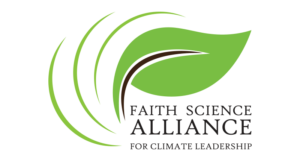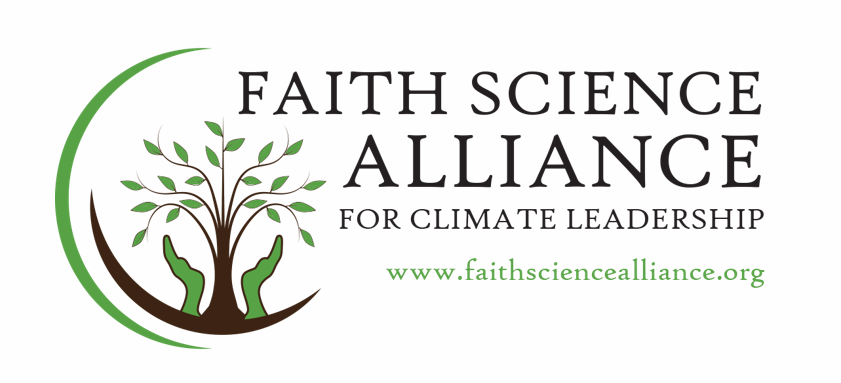
Testimony of Rev. Fred Small
Faith Science Alliance for Climate Leadership
Hearing on Environmental Justice Bills
S.464/H.761 and S.453/H.826
Massachusetts State House
June 4, 2019
I am the Rev. Fred Small, Minister for Climate Justice at Arlington Street Church and a member of the Steering Committee of the Faith Science Alliance for Climate Leadership (http://faithsciencealliance.org).
A coalition of religious leaders and scientists convened last year by Archbishop Sean O’Malley and the Woods Hole Research Center, the Faith Science Alliance urges the favorable report of S.464/H.761, “An Act relative to environmental justice and toxics reduction in the Commonwealth,” sponsored by Senator Eldridge and Representatives DuBois and Miranda, and S.453/H.826, “An Act relative to environmental justice in the Commonwealth” sponsored by Senator DiDomenico and Representative Madaro.
Both of these bills advance the principles of justice and equity affirmed in our statement of purpose, which warns that “climate change disproportionately harms those least responsible for it: low-income communities, communities of color, children, and future generations.”
Although faith and science have sometimes seemed at odds, it should be no surprise that we unite in support of environmental justice. Every religious tradition demands fair and compassionate treatment of poor and oppressed people. And science confirms the devastating impacts of air and water pollution and climate disruption upon the most vulnerable of our neighbors.
In 1987, over thirty years ago, religion and science collaborated on one of the founding documents of the environmental justice movement, Toxic Wastes and Race in the United States, published by the United Church of Christ with the leadership of the Rev. Dr. Benjamin Chavis Jr., later Executive Director of the NAACP. This landmark report found that race, not income, was the single factor most predictive of the location of toxic waste facilities and that three out of five Black and Hispanic Americans lived in communities near an “uncontrolled toxic waste site.”[1]
Four years later, in 1991, the United Church of Christ hosted the First National People of Color Environmental Leadership Summit in Washington, DC, attended by over six hundred people. The conferees agreed upon 17 Principles of Environmental Justice, of which two are especially relevant to this legislation
Principle #2 – Environmental Justice demands that public policy be based on mutual respect and justice for all peoples, free from any form of discrimination or bias.
Principle #7 – Environmental Justice demands the right to participate as equal partners at every level of decision-making including needs assessment, planning, implementation, enforcement and evaluation.[2]
It has taken nearly three decades, but Massachusetts is now poised to put these principles into law and practice through the passage of H.761 and H.826.
In so doing, we can realize the wisdom of Pope Francis when he declares that “a true ecological approach always becomes a social approach; it must integrate questions of justice in debates on the environment, so as to hear both the cry of the earth and the cry of the poor.”[3]
May it be so.
[1]https://www.ucc.org/a_movement_is_born_environmental_justice_and_the_ucc
[2] https://www.ucc.org/principles_of_environmental_justice
[3] http://w2.vatican.va/content/francesco/en/encyclicals/documents/papa-francesco_20150524_enciclica-laudato-si.html
